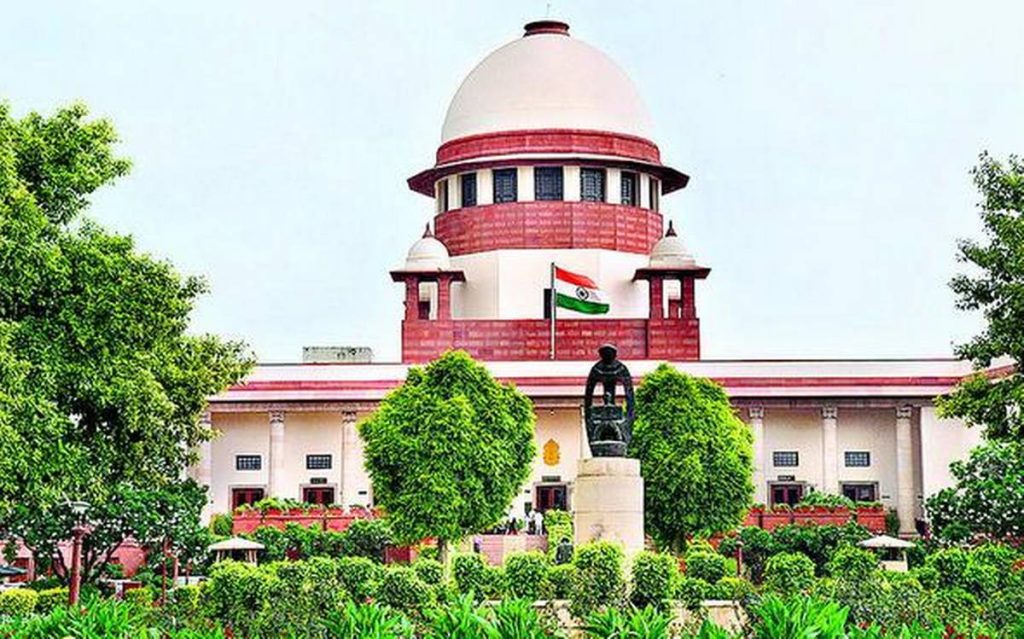
New Delhi: The Supreme Court announced on Thursday that it will hear a group of petitions questioning the constitutional validity of the Waqf (Amendment) Act, 2025, on May 20 to consider interim relief.
A bench consisting of Chief Justice of India BR Gavai and Justice AG Masih will examine whether an interim stay is needed. Earlier, a bench led by the previous CJI Sanjiv Khanna had indicated it would consider three key issues for interim relief: de-notification of Waqf properties, whether properties are Waqf by user or deed, the nomination of non-Muslims to the Wakf Council and State Waqf Boards, and the identification of government land as Waqf.
The court also clarified that, until then, the assurance given by Solicitor General Tushar Mehta that the central government would not implement certain provisions of the Act remains in effect. The Solicitor General had assured the court that the government would not act on provisions related to de-notifying Waqf properties, including non-Muslims in Waqf bodies, or the identification of government land for Waqf purposes, nor would any appointments be made to the Wakf Council or Waqf Boards for the time being.
During the hearing, Mehta stated that the government has submitted a detailed response opposing the petitions challenging the law’s constitutionality. The bench adjourned and indicated that interim relief would be discussed on May 20.
A batch of petitions claims the Act is discriminatory against Muslims and violates their fundamental rights. Six BJP-ruled states have also filed support for the amendment.
President Droupadi Murmu approved the Waqf (Amendment) Bill, 2025, on April 5, after both Houses of Parliament passed it amid intense debates. The government has filed a preliminary affidavit seeking the court’s dismissal of the petitions, arguing that the law does not infringe upon fundamental rights and that its main aim is to regulate the management of Waqf properties.
In its affidavit, the government maintained that the amendments are targeted only at ensuring proper regulation of secular aspects of Waqf management and do not violate religious freedoms under Articles 25 and 26 of the Constitution. It also urged the court not to stay any part of the law, emphasizing that statutory provisions are typically not stayed unless necessary, and asserted that removing statutory protections for Waqf properties used by the community does not prevent Muslims from creating Waqf.
